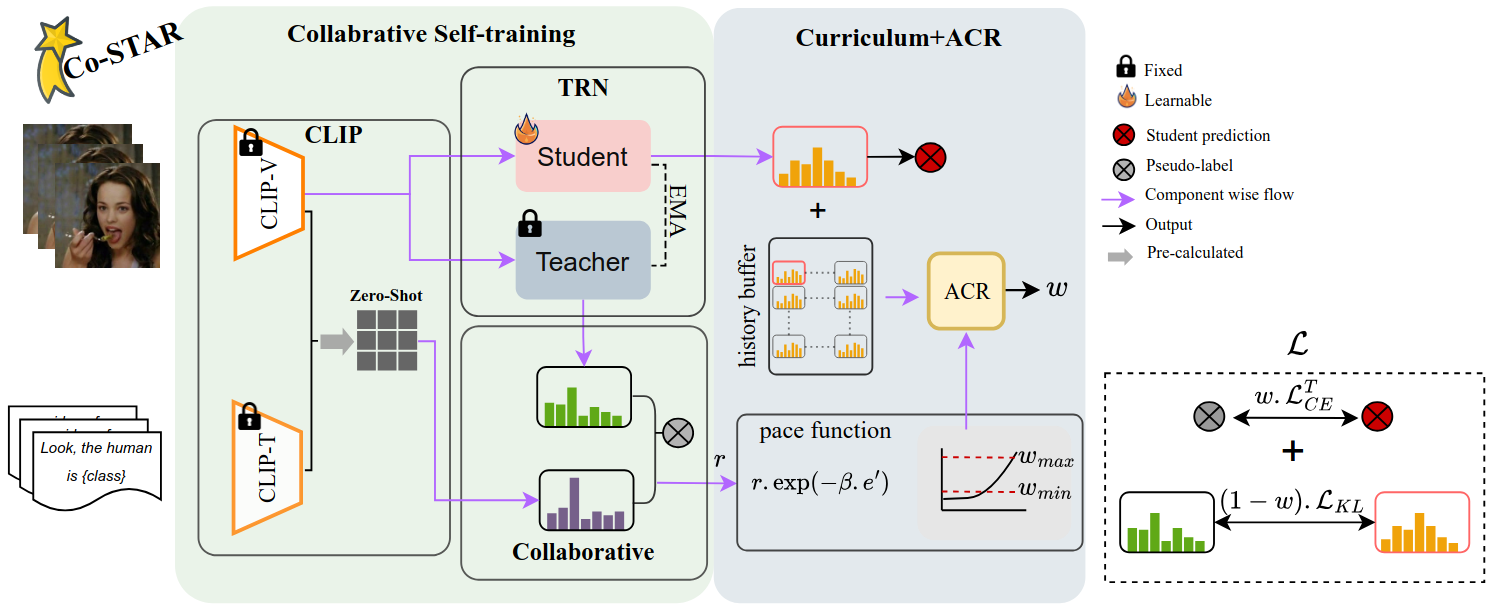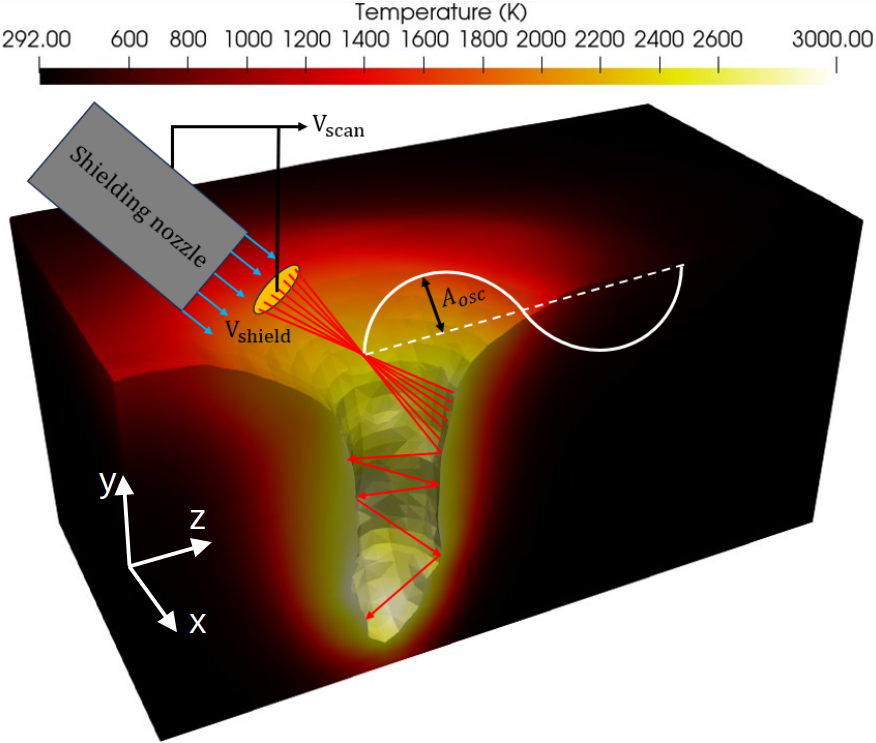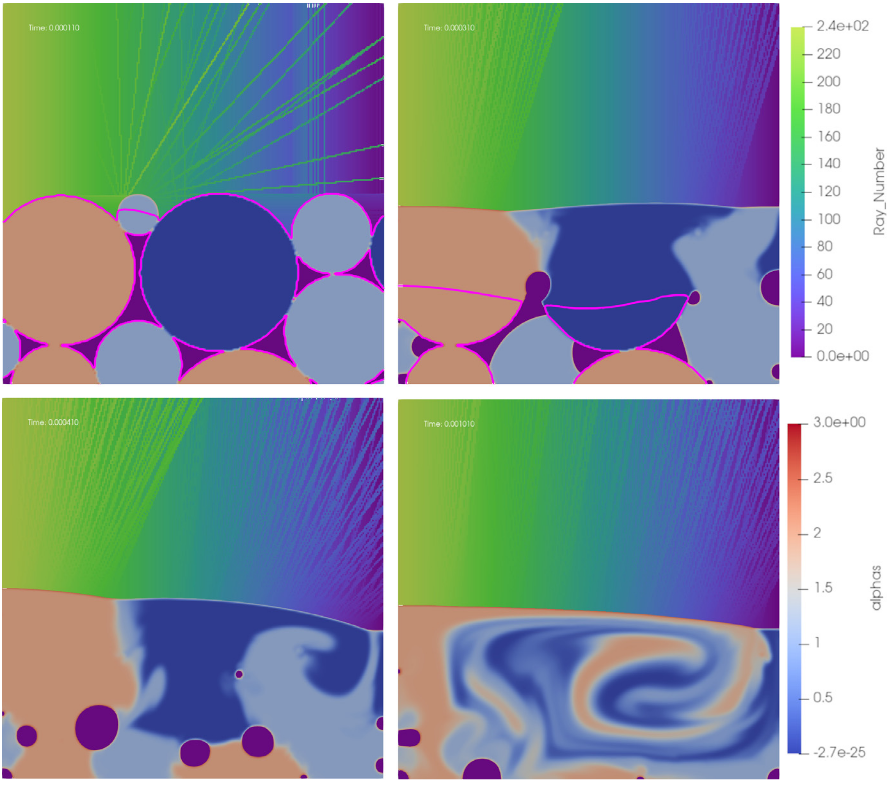Parsa Esmati
Hi my name is Parsa. I am a PhD student at University of Bristol where I'm supervised by Prof. Majid Mirmehdi, and Dr. Nicolo Grilli. Currently, I'm doing a research internship at Microsoft Research where I work on world models with the Game Intelligence group. My research interests are probabilistic generative modelling with especial interest on spatio-temporal modalities in vision and scientific applications. I am currently focused on compression and tokenization of images and videos for autoregressive generative downstream task. I also have a computational background, particularly in solving PDEs and numerical simulations. I will be happy to collaborate and discuss research regarding the mentioned topics.

News
April 2025
Excited to announce that I'll be joining Microsoft as a Research Intern for Summer 2025!
April 2025
Our paper on source free video domain adaptation titled 'Co-STAR: Collaborative Curriculum Self-Training with Adaptive Regularization for Source-Free Video Domain Adaptation' is now available on arxiv!
October 2024
Accepted paper at NeurIPS 2024, reducing the temporal rollout error for long sequence generation of PDEs!
Publications
Co-STAR: Collaborative Curriculum Self-Training with Adaptive Regularization for Source-Free Video Domain Adaptation
Recent advances in Source-Free Unsupervised Video Domain Adaptation (SFUVDA) leverage vision-language models to enhance pseudo-label generation However, challenges such as noisy pseudo-labels and overconfident predictions limit their effectiveness in adapting well across domains. We propose Co-STAR, a novel framework that integrates curriculum learning with collaborative self-training between a source-trained teacher and a contrastive vision language model (CLIP). Extensive experiments across multiple video domain adaptation benchmarks demonstrate that Co-STAR consistently outperforms state-of-the-art SFUVDA methods.

SEA: State-Exchange Attention for High-Fidelity Physics-Based Transformers (NeurIPS 2024)
Current approaches using sequential networks have shown promise in estimating field variables for dynamical systems. Here we address the rollout error for long sequence generation of PDEs, using a novel state-exchange attention mechanism, which allows the information exchange amongst field variables.

Simulating chemical mixing and molten pool shape in dissimilar welds using thermal fluid dynamics (IJHMT 2024)
Modelling multiphase flow using thermal fluid dynamics and how different factors such as diffusion, and Marangoni effect affect the molten composition.

Version 2.0 — LaserbeamFoam: Laser ray-tracing and thermally induced state transition simulation toolkit (SoftwareX)
a multi-component version of the solver is included with pair-wise Fickian Diffusion between selected component pairs. This new solver, multiComponentlaserbeamFoam, captures the multi-component nature of mixing between alloys.

Contact me at:
parsa.esmati at bristol.ac.uk